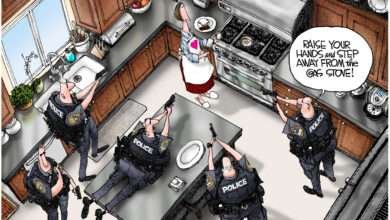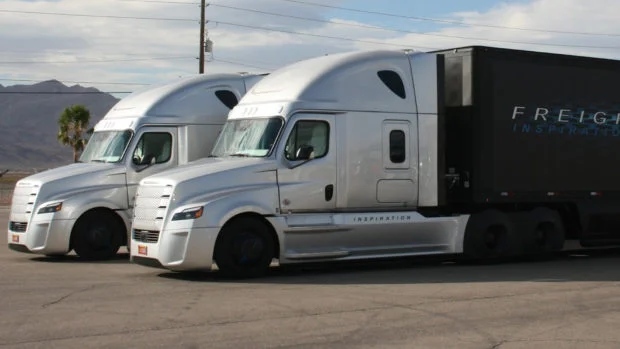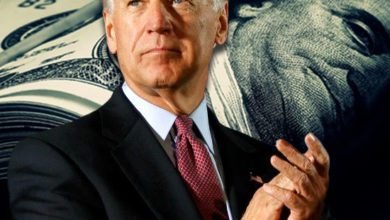Suprise! San Francisco minimum wage hike causes food price hike
 San Francisco implemented the first of several minimum wage hikes in May and a research firm has found evidence that it causes prices to rise to cover the cost – who’d a thunk?
San Francisco implemented the first of several minimum wage hikes in May and a research firm has found evidence that it causes prices to rise to cover the cost – who’d a thunk?
Liberals argue that raising the minimum wage is a “rising tide that lifts all boats” and that somehow, companies don’t need to increase prices just to pay for the pay raises. A report from global investment banking and wealth management firm William Blair on Chipotle Mexican Grill, shows something different:
• In our weekly survey of ten of Chipotle’s markets, we found the company implemented price increases in half of the surveyed markets this week—San Francisco, Denver, Minneapolis, Chicago, and Orlando. In most markets, the price increases have been limited to beef and average about 4% on barbacoa and steak, toward the lower end of management’s expectation for a 4% to 6% price increase on beef.
• San Francisco, however, saw across-the-board price increases averaging over 10%, including 10% increases on chicken, carnitas (pork), sofritas (tofu), and vegetarian entrees along with a 14% increase on steak and barbacoa.We believe the outsized San Francisco price hike was likely because of increased minimum wages (which rose by 14% from $10.74 per hour to $12.25 on May 1) as well as scheduled minimum wage increases in future years (to $13 next year, $14 in 2017, and $15 in 2018).
Some may argue that less than a third of a fast casual restaurant’s costs come from labor, and that is typically true. So they wouldn’t need to increase prices by 6-10% more than the other regions, right? Wrong.
Other costs like meat and produce sourcing and rent may also be on the rise due to the minimum wage hike. Meet processors, produce growers, packers, delivery and landlords also use a lot of low-skilled labor that is likely impacted by the wage hike – they will pass that cost on to their customers which are … restaurants and grocers.
You cannot increase the cost of many of a businesses inputs and expect them to just absorb the cost. As Chipotle only compete’s in its local area, it knows that other similar establishments will have the same increase in cost and they can safely pass the increase on to their customers – to a point. Eventually, the cost of a fajita bowl at Chipotle is no longer properly valued and customers will choose to make a sandwich or salad at home and bring it to work.
The magic pay raise will be short lived as fewer fajita bowls sold will equal less demand for labor and fewer hours/people required to operate the store. The increased input cost also will lead the owners to look at alternatives to manual labor. They could implement technology that allows customers to order and pay from smartphones and/or have a self-order/pay kiosk in the store. More automation in the cook/prep areas would also greatly decrease dependence on low-skilled workers and the company’s felt impact from government-imposed wage hikes.
Short-term, minimum wage workers will enjoy a fatter check – for a very short term. Successful businesses do not take long to respond to increased costs. Long-term, there will be far fewer jobs available to the unskilled labor force in these high minimum wage bastions of progressive fairy tales.
“There simply isn’t any magic pot of money that lets employers pay higher wages just because the government says so.” – David French





Anyone who has taken ‘Economics 101’ would have seen this coming. Raising the costs of generating goods or providing services will always raise their prices.